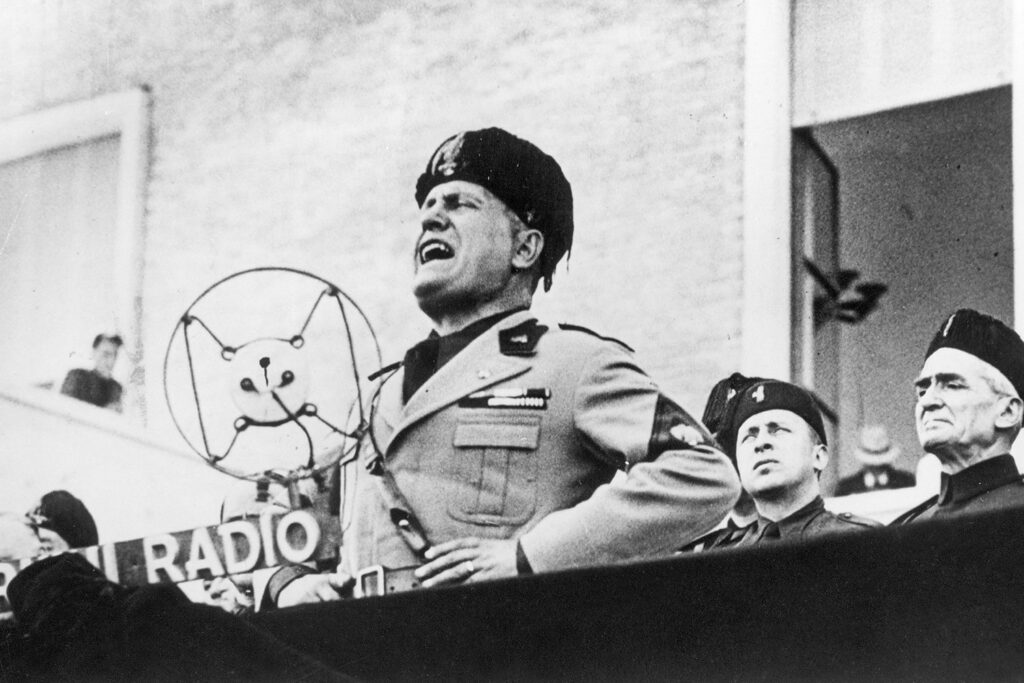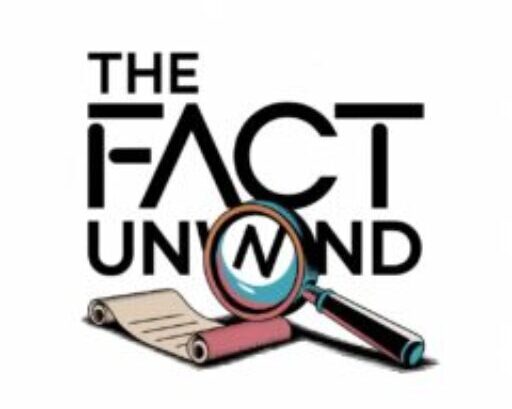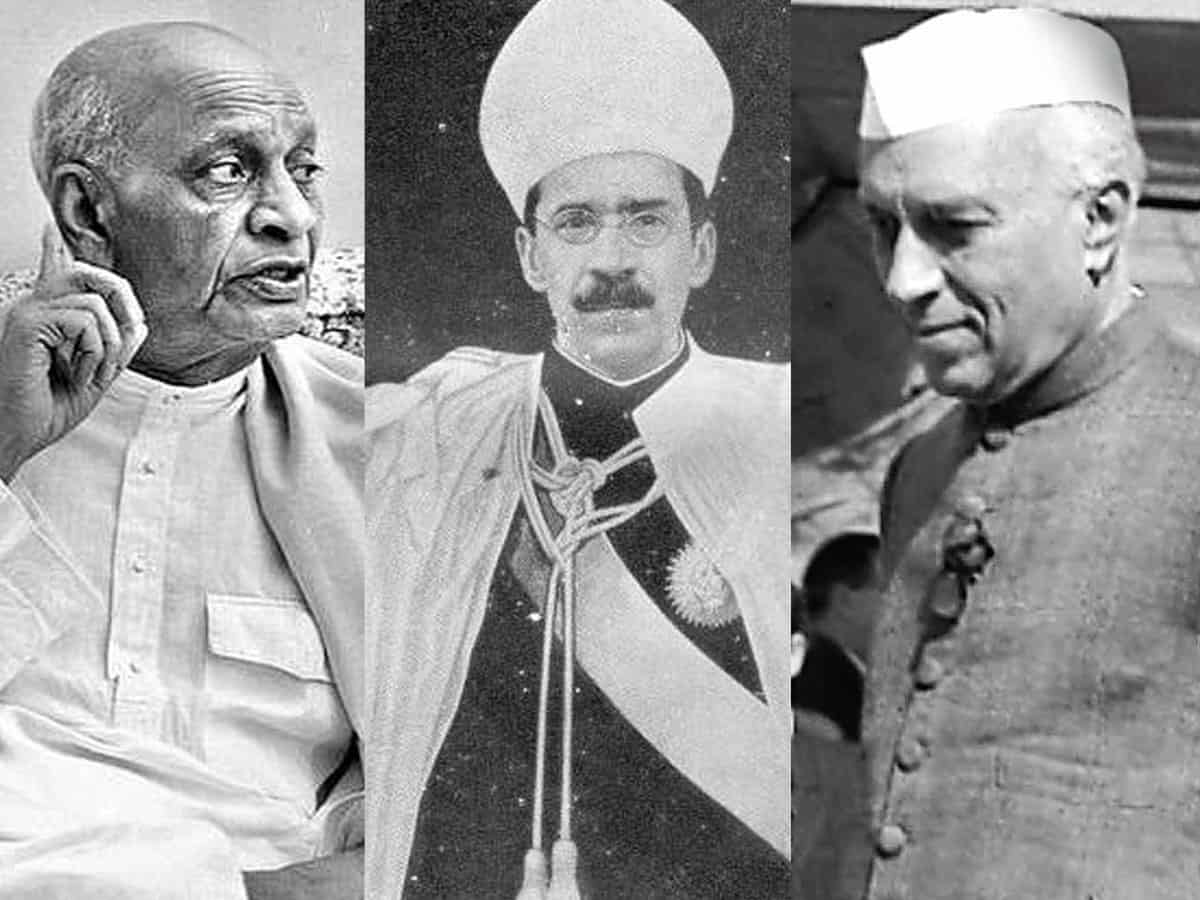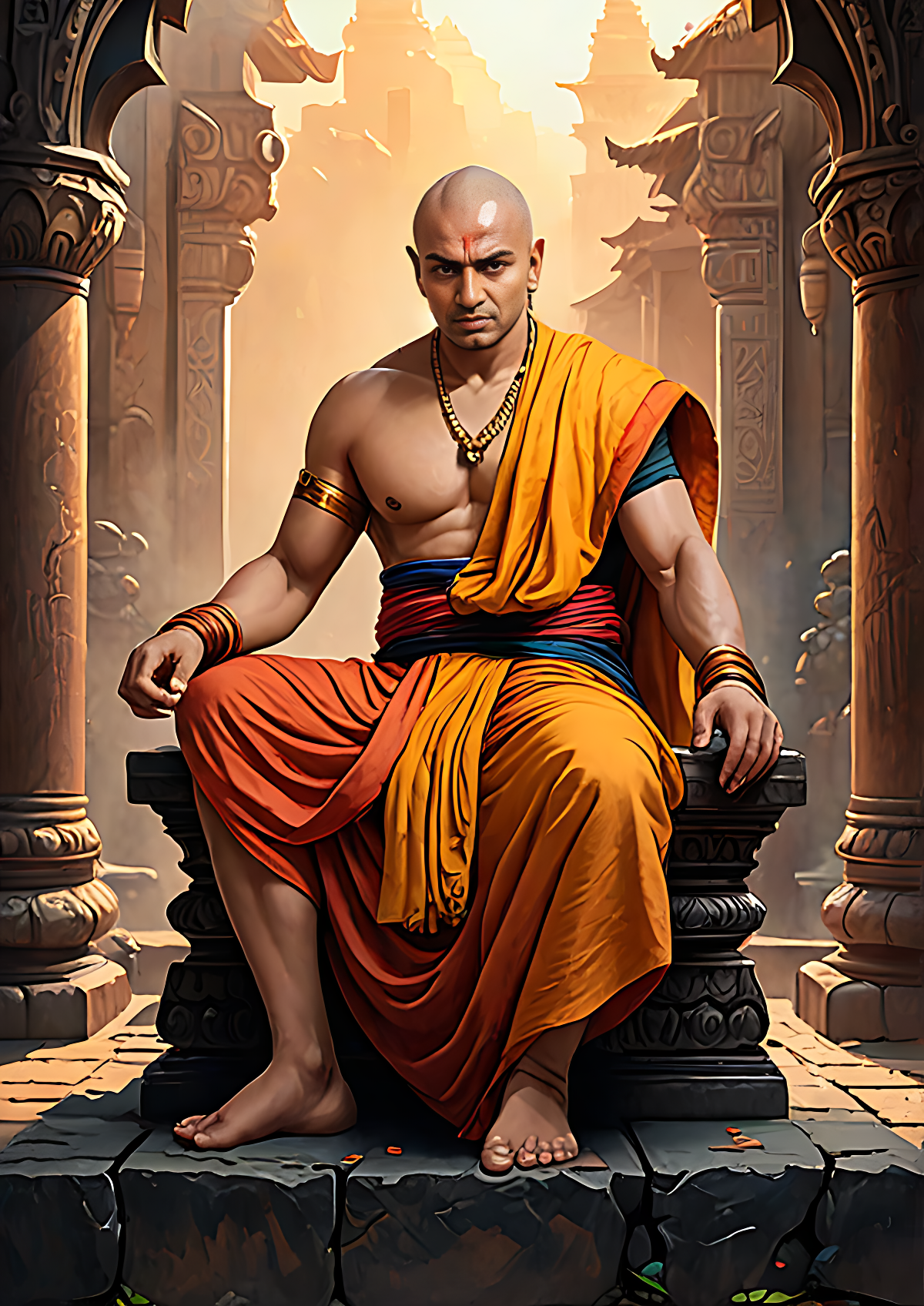
- Introduction
- Why Some People Think Fascism is Good
- Examples of Fascism
- What Do Fascist Leaders Believe?
- Why Do Some People Not Like Fascism?
- What Can We Learn from Fascism?
- Quotes About Fascism
- Conclusion
Introduction
Fascism is a political idea or belief system that became popular in the early 20th century, especially in Europe. It was a time when many countries were facing difficult situations, like economic problems, wars, and social unrest. People wanted strong leadership to fix these problems, and that’s where fascism came in. Fascism is all about having a strong, powerful leader who can take control of the country and make things better.
Unlike democracy, where people vote and have freedom to say what they think, fascism focuses on one leader or a small group of leaders making decisions for everyone. The idea is that this leader knows what is best for the country, and people should follow them without questioning.
Why Some People Think Fascism is Good
Some people believe that fascism can be a good way to run a country because it promises strong leadership and unity. In difficult times, when things are not going well, people often look for someone who can take charge and make quick decisions to fix problems. Fascism provides that.
Here are some reasons why people may think fascism can be helpful:
- Strong Leadership: In fascism, there is one main leader who makes decisions quickly without needing to ask for opinions from everyone. This can be helpful in emergencies or during wars when fast decisions are needed.
- Unity and Strength: Fascism often talks about the importance of the nation. People are encouraged to work together for the good of the country. This creates a sense of pride and unity among the people.
- Order and Stability: In times of chaos or trouble, fascism can bring order. By giving the government full control, it can stop protests, fights, or disagreements, keeping everything under control.
- Economic Growth: Fascist leaders often focus on making the country strong, not just in terms of military power but also in economic terms. They may create jobs and build factories to help the country become richer.
Examples of Fascism
Fascism has been tried in different countries, and some people point to these examples as reasons why it could be a good system, at least for a short time.
- Italy under Benito Mussolini: Mussolini was the leader of Italy from 1922 to 1943. He believed in fascism and called it “the third way,” meaning it was a different option from both democracy and communism. Mussolini promised to make Italy great again by creating jobs, making the army strong, and bringing order to the country. Many Italians liked Mussolini at first because he brought a sense of pride and strength back to Italy. He once said, “The state must be strong, and the people must obey the leader without question.” Mussolini believed that with his strong leadership, Italy could become powerful and successful again.
- Germany under Adolf Hitler: Hitler became the leader of Germany in 1933 and led the Nazi Party, which was a fascist political group. Hitler promised to fix Germany’s economy after it was destroyed by World War I. He built roads, factories, and created jobs for millions of Germans. He also built a strong army, which made many people feel safe and proud of their country again. Hitler said, “Make the lie big, make it simple, keep saying it, and eventually, they will believe it.” This quote shows how he used strong leadership and propaganda to control the nation. Many people followed him because they believed he would make Germany powerful.
What Do Fascist Leaders Believe?
Fascist leaders believe in certain ideas that guide how they rule. These beliefs are what make fascism different from other political systems.
- Nationalism: Fascists believe their country is the best, and they want to make it as strong as possible. Nationalism means being proud of your country, but in fascism, this pride is taken to an extreme. Fascist leaders want everyone to think about the country first, even if it means giving up some personal freedoms.
- One Leader, One Party: In a fascist government, there is usually only one political party, and it controls everything. This means people do not get to choose their leaders. The idea is that the leader knows what is best for the country, and people should trust and follow them without question.
- Control Over Everything: Fascist governments want to control every part of life. This includes the economy, education, the military, and even what people are allowed to say or think. They believe that if the government controls everything, it can make the country strong and successful.
- No Room for Opposition: In fascism, people are not allowed to disagree with the government. If someone speaks out against the leader or the government, they may be punished. This helps keep the country united, but it also means people do not have the freedom to say what they think.
Why Do Some People Not Like Fascism?
Even though some people believe fascism can be a good system, others disagree. Here are some reasons why people think fascism is not a good way to run a country:
- No Freedom: In a fascist government, people do not have the freedom to vote for their leaders or to say what they think. This can be very unfair because everyone has different opinions, and in a democracy, people can express those opinions freely. In fascism, only one opinion matters: the leader’s.
- Use of Violence: Fascist leaders often use violence to stay in power. For example, they might use the police or the army to stop people from protesting or speaking out against the government. This can hurt many people and make the country less fair and safe.
- Discrimination: Fascist governments often believe that some people are better than others. This can lead to discrimination against certain groups of people based on their race, religion, or beliefs. For example, under Hitler’s rule, many Jewish people were treated very badly just because of their religion. This is unfair and wrong.
- Too Much Power in One Person’s Hands: In fascism, the leader has all the power. This can be dangerous because if the leader makes bad decisions, there is no one to stop them. In a democracy, power is shared between different people, so no one person has too much control.
What Can We Learn from Fascism?
Even though fascism can be seen as good by some people because it brings order and strength, it can also take away important freedoms. Fascism teaches us that it is important to have balance in government. While strong leadership can be helpful, it is also important to listen to the people and allow them to have a say in how the country is run.
Fascism shows us that giving too much power to one leader can be dangerous. Leaders should be responsible to the people and not just make decisions for themselves. It also teaches us that every person, no matter their background or beliefs, deserves to be treated fairly and with respect.
Quotes About Fascism
Here are some important quotes about fascism that help explain the ideas behind it:

- Benito Mussolini: “Fascism should more appropriately be called Corporatism because it is a merger of state and corporate power.” This quote shows how Mussolini believed the government should control both the people and businesses to make the country strong.
- Adolf Hitler: “Strength lies not in defense but in attack.” Hitler believed that being aggressive and taking control was the way to make Germany powerful again.
- Winston Churchill: “Fascism is a disease of the mind.” Churchill was against fascism and believed it was a harmful way to run a country because it took away people’s freedoms.
Conclusion
Fascism is a political idea that focuses on strong leadership, national pride, and control over the country. Some people think fascism is good because it brings order and unity, especially in difficult times. It can create a strong sense of togetherness and make the country powerful.
However, fascism also takes away important freedoms, like the right to vote and speak freely. It can lead to violence, unfair treatment, and too much power in the hands of one person. While fascism has been tried in some countries, it also teaches us the importance of balance and fairness in government.
In the end, whether fascism is good or bad depends on what you think is more important: strong control and order or freedom and fairness.








